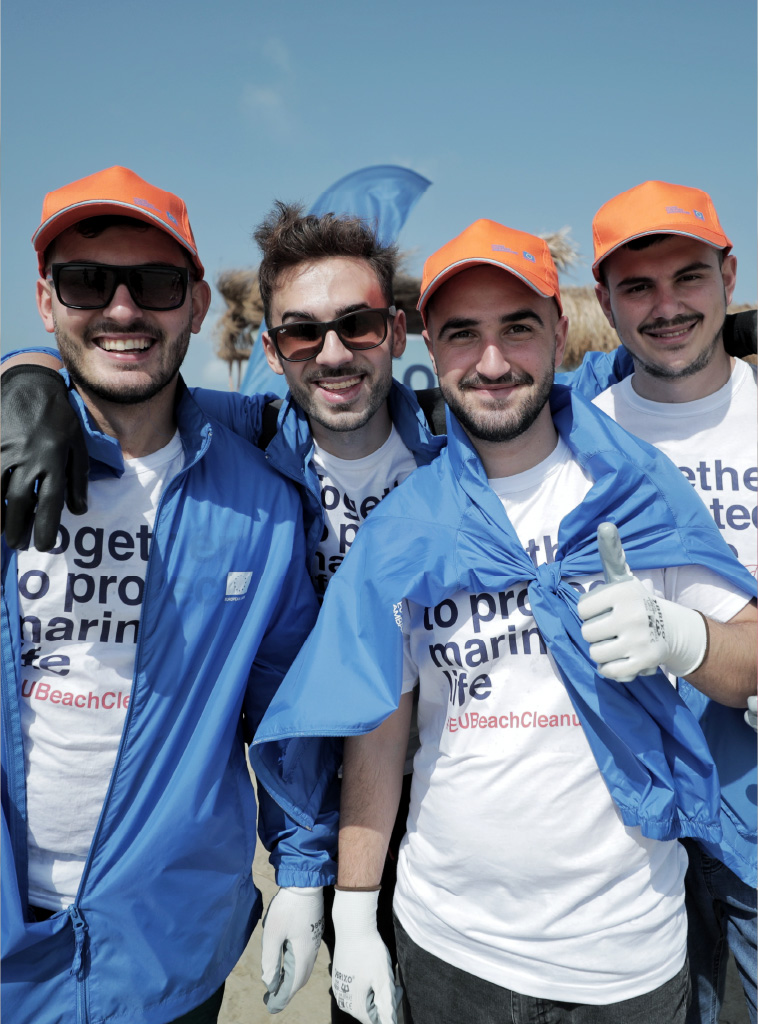Young people are the drivers of change. That’s why investing in youth is at the heart of EU cooperation with its Western Balkan partners.

The EU is behind many initiatives that aim to improve the lives and future opportunities of young people.
Ultimately, the goal is to contribute to making the region an attractive and inclusive place for young people to live, work and realise their ambitions.
Across the Western Balkans, young people face many challenges, from high levels of unemployment and a lack of decent jobs, to social exclusion and discrimination of groups on the margins.
Education and training systems in the Western Balkans need to modernise to address persistent youth unemployment, close the skills gap, and harness all the talent in the region.


The younger generations are an important focus of EU work in the region. In cooperation with Western Balkan partners, the EU invests in youth through programmes in many areas – education and vocational training, entrepreneurship, culture, research, inclusion, cooperation and reconciliation, civic activism, and all sorts of exchange programmes for learning and personal development.
EU support has already helped many young Western Balkan entrepreneurs to start, manage and grow their own business. Thousands of students have gained new skills by training, studying or volunteering abroad. Many young artists have taken up opportunities to develop their creative projects and reach new audiences.
The EU also encourages active participation of young people – to get involved in policy-making and shaping and grassroots activism, and take the future into their own hands!
Ongoing support
The Economic and Investment Plan for the Western Balkans sets the blueprint moving forward. This substantial investment package offer many opportunities for young people in areas such as:
Job creation – Primarily by facilitating access to finance for young entrepreneurs and small businesses. By providing guarantees for local banks, they can more easily lend to young entrepreneurs or SMEs, creating jobs for young people.
Skills investment – Through schemes such as Erasmus+, vocational education and training (VET), and investing in digital to help close the skills gap in the technology sector. A Youth Guarantee scheme, which already exists across the EU, aims to guarantee that all young people under the age of 29 years old receive a quality offer of employment, continued education, an apprenticeship or traineeship within four months of becoming unemployed or leaving formal education.
Active participation and reconciliation – Through projects such as the Western Balkan Youth Lab, which stimulates conversations between young people and policymakers, and through support to the Regional Youth Cooperation Office, which plays a crucial role in building trust and dialogue between young people across the Western Balkans.
Please wait while your video is being uploaded...
Don't close this window!